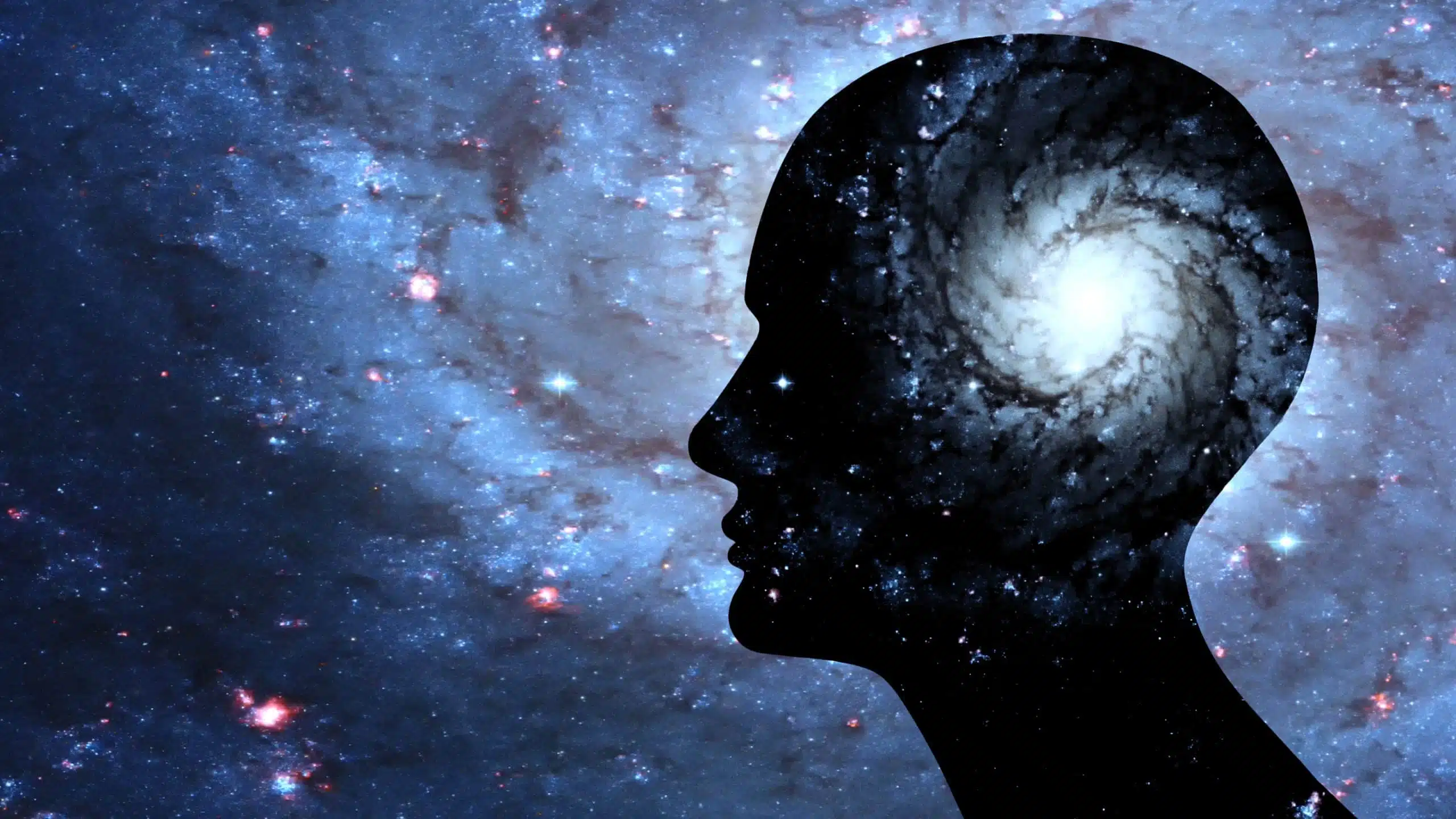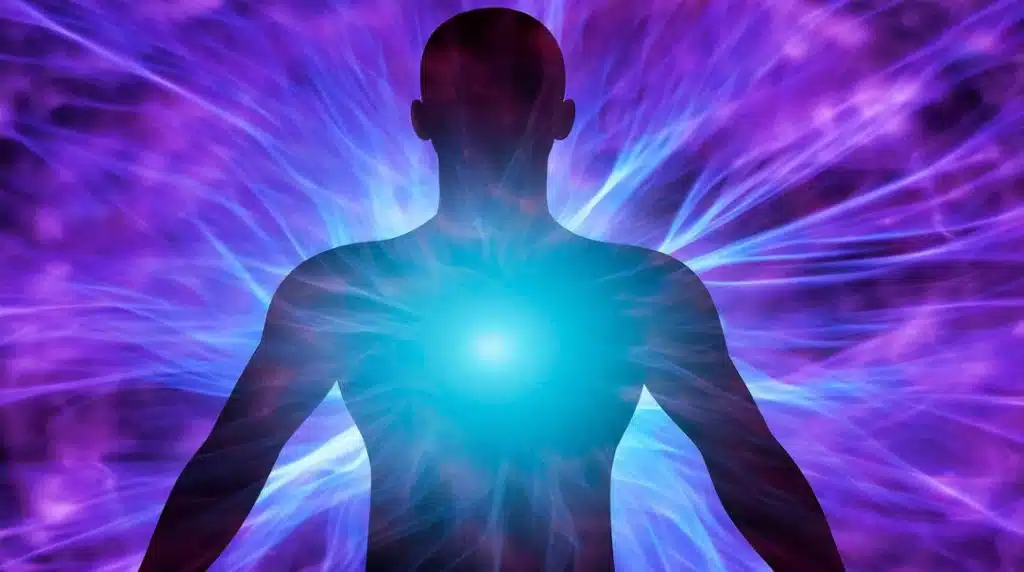How Weed Affects Consciousness
Hey there, fellow cannabis enthusiasts! Today, we’re diving deep into the fascinating world of how weed affects consciousness. Cannabis, also known as marijuana, has been used for centuries for its various effects on the mind and body. In this article, we’ll explore ten different subtopics related to this intriguing subject. So, grab your favorite strain, sit back, and let’s embark on this mind-altering journey together!
1. The Science Behind Cannabis and Consciousness
When it comes to understanding how weed affects consciousness, it’s essential to delve into the science behind it. Cannabis contains two primary compounds: THC (tetrahydrocannabinol) and CBD (cannabidiol). THC is responsible for the psychoactive effects, while CBD offers a more calming and therapeutic experience. These compounds interact with our body’s endocannabinoid system, influencing various brain functions and altering our state of consciousness.
2. Exploring Different Cannabis Strains and Their Effects
Not all cannabis strains are created equal, and each one can have a unique impact on our consciousness. From uplifting sativas to relaxing indicas, the wide variety of strains available allows us to tailor our experience to our desired state of mind. Whether you’re looking for a burst of creativity or a tranquil evening, there’s a strain out there for everyone. Check out West Coast Releaf Online Dispensary for a wide selection of top-quality cannabis strains.
3. The Role of THC in Altering Consciousness
THC, the primary psychoactive compound in cannabis, is the key player in altering our consciousness. It binds to cannabinoid receptors in the brain, triggering a cascade of effects that can range from euphoria and relaxation to heightened sensory perception and altered time perception. However, it’s important to note that THC affects individuals differently, and dosage plays a significant role in the overall experience.
4. CBD: The Balancing Act for Consciousness
While THC takes the spotlight for its mind-altering effects, CBD plays a crucial role in balancing out the experience. CBD has gained popularity for its potential therapeutic benefits, such as reducing anxiety and promoting relaxation. When combined with THC, CBD can modulate the psychoactive effects, providing a more balanced and manageable high. Explore West Coast Releaf Online Dispensary’s CBD-infused products for a well-rounded cannabis experience.
5. Cannabis and Altered States of Consciousness
Cannabis has long been associated with altered states of consciousness, offering users a unique perspective on reality. Many individuals report enhanced creativity, introspection, and a deeper connection to their surroundings while under the influence of cannabis. These altered states can be a source of inspiration for artists, musicians, and spiritual seekers alike.
6. Microdosing: A Subtle Shift in Consciousness
Microdosing, the practice of consuming small amounts of cannabis, has gained popularity in recent years. This technique allows users to experience the therapeutic benefits of cannabis without the intense psychoactive effects. By taking small, controlled doses, individuals can achieve a subtle shift in consciousness, enhancing focus, creativity, and overall well-being.
7. Cannabis and Meditation: A Mindful Combination
The combination of cannabis and meditation has been practiced for centuries, particularly in certain spiritual traditions. Cannabis can help individuals achieve a relaxed and focused state of mind, making it an excellent tool for deepening meditation practices. However, it’s essential to find the right balance and dosage that works for you, as excessive consumption may hinder mindfulness and clarity.
8. Exploring Cannabis-Infused Edibles and Consciousness
Edibles offer a unique way to experience cannabis and its effects on consciousness. When consumed, THC is metabolized by the liver, producing a more potent and long-lasting high compared to smoking or vaping. However, edibles can be tricky to dose correctly, and it’s crucial to start with a low dosage and wait patiently for the effects to kick in. West Coast Releaf Online Dispensary offers a wide range of delicious cannabis-infused edibles to elevate your consciousness in a tasty way.
9. Cannabis and Dreaming: Unraveling the Connection
Many cannabis users report changes in their dream patterns and intensity. While some individuals experience vivid and memorable dreams, others may find that cannabis suppresses their dream recall. The relationship between cannabis and dreaming is still not fully understood, but it’s an intriguing aspect of how weed affects consciousness that continues to be explored.
10. Responsible Cannabis Use and Consciousness
As with any mind-altering substance, responsible cannabis use is essential for maintaining a healthy relationship with the plant and our consciousness. It’s crucial to be aware of our limits, understand the potential risks, and consume cannabis in a safe and controlled environment. West Coast Releaf Online Dispensary promotes responsible cannabis use and provides valuable resources to ensure a positive and mindful experience.
Consciousness is a concept that has fascinated philosophers, scientists, and thinkers for centuries. It is the very essence of our subjective experience, the awareness we have of ourselves and the world around us. In this article, we will embark on a journey to unravel the mysteries of consciousness, exploring its definition, theories, and the ongoing scientific quest to understand its nature. So, fasten your seatbelts and get ready to dive deep into the enigmatic realm of consciousness!
Defining Consciousness
Consciousness can be broadly understood as the state of being aware and perceiving both internal and external stimuli. It encompasses our thoughts, emotions, sensations, and the continuous stream of experiences that make up our subjective reality. However, pinning down a precise definition of consciousness is no easy task, as it remains a complex and multifaceted phenomenon.
Theories of Consciousness
Throughout history, numerous theories have emerged in an attempt to explain the nature of consciousness. Let’s explore some of the prominent theories that have shaped our understanding of this elusive concept:
1. Dualism
Dualism, proposed by philosopher René Descartes, suggests that consciousness is separate from the physical body. According to this view, the mind and body are distinct entities, with consciousness existing independently of the brain. This theory implies that consciousness is non-physical and cannot be fully explained by scientific principles alone.
2. Materialism
Materialism, also known as physicalism, takes the opposite stance by asserting that consciousness is a product of the physical brain. According to this view, all mental processes, including consciousness, can be explained by the interactions of neurons and other physical components of the brain. Materialism aligns with the scientific approach, seeking to understand consciousness through empirical observation and experimentation.
3. Panpsychism
Panpsychism proposes that consciousness is a fundamental property of the universe, present in all matter to varying degrees. This theory suggests that even inanimate objects possess some form of consciousness, albeit at a rudimentary level. Panpsychism challenges the notion that consciousness is exclusive to living beings and opens up the possibility of a more pervasive and interconnected consciousness throughout the cosmos.
4. Integrated Information Theory
Developed by neuroscientist Giulio Tononi, the Integrated Information Theory (IIT) posits that consciousness arises from the integration of information within a complex network. According to IIT, consciousness is not limited to humans or animals but can potentially exist in any system with sufficient informational complexity. This theory provides a mathematical framework for quantifying and measuring consciousness, although it remains a subject of ongoing debate and refinement.
The Science of Consciousness
While philosophical theories have contributed to our understanding of consciousness, modern science has also made significant strides in unraveling its mysteries. Neuroscientists, cognitive psychologists, and other researchers have employed various methods to study consciousness, including brain imaging techniques, behavioral experiments, and computational modeling.
1. Neural Correlates of Consciousness
One approach to studying consciousness is to identify the neural correlates associated with different conscious states. By examining brain activity using techniques like functional magnetic resonance imaging (fMRI) and electroencephalography (EEG), researchers have identified specific patterns of brain activation that correspond to conscious experiences. These findings have shed light on the brain regions and networks involved in processes such as perception, attention, and self-awareness.
2. Altered States of Consciousness
Exploring altered states of consciousness has also provided valuable insights into the nature of consciousness. Altered states can be induced through various means, including meditation, hypnosis, psychedelic substances, and even certain neurological conditions. By studying these states, researchers have gained a deeper understanding of the neural mechanisms underlying consciousness and the factors that can modulate its contents and intensity.
3. The Hard Problem of Consciousness
One of the most perplexing questions in the study of consciousness is often referred to as the “hard problem.” This problem, articulated by philosopher David Chalmers, pertains to the subjective experience of consciousness and why it arises from physical processes in the brain. Despite significant progress in understanding the neural correlates of consciousness, the hard problem remains a philosophical and scientific challenge that continues to fuel debates and investigations.
The Nature of Consciousness
Before we delve into its significance, let’s briefly revisit the nature of consciousness. Consciousness encompasses our thoughts, emotions, sensations, and the continuous stream of experiences that make up our subjective reality. It is the very essence of our awareness, allowing us to perceive, interpret, and interact with the world around us. While consciousness is a deeply personal and subjective experience, it also has profound implications for our collective human experience.
1. Self-Awareness and Identity
Consciousness plays a crucial role in our sense of self and identity. It is through consciousness that we develop a sense of being a distinct individual, separate from others and the external world. Our self-awareness allows us to reflect on our thoughts, emotions, and actions, fostering introspection and personal growth. Without consciousness, our understanding of ourselves and our place in the world would be fundamentally altered.
2. Perception and Understanding
Consciousness is intimately tied to our perception and understanding of the world. It is through our conscious experiences that we make sense of our surroundings, interpret sensory information, and construct our reality. Consciousness allows us to perceive the beauty of a sunset, appreciate a piece of art, or empathize with the emotions of others. It is the lens through which we engage with the world, shaping our understanding and influencing our interactions.
3. Subjective Experience and Emotions
One of the most remarkable aspects of consciousness is its subjective nature. Each individual’s conscious experience is unique, colored by their thoughts, emotions, and personal history. Consciousness allows us to experience joy, love, sadness, and a myriad of other emotions that give depth and richness to our lives. It is through our conscious experiences that we find meaning, purpose, and fulfillment.
4. Free Will and Agency
How weed affects consciousness is closely linked to our sense of free will and agency. It is through our conscious awareness that we make choices, exercise control over our actions, and shape our lives. While the nature of free will is a complex philosophical question, consciousness provides the foundation for our perception of autonomy and the ability to make decisions based on our values, desires, and beliefs.
5. Language and Communication
Consciousness is intricately intertwined with language and communication. It is through our conscious awareness that we develop and utilize language to express our thoughts, share ideas, and connect with others. Consciousness enables us to engage in complex forms of communication, fostering social interactions, cooperation, and the transmission of knowledge across generations.
6. Reflection and Learning
How weed affects consciousness allows us to reflect on our experiences, learn from them, and adapt our behavior accordingly. Through conscious awareness, we can evaluate past actions, make adjustments, and strive for personal growth. Consciousness enables us to learn from our mistakes, develop new skills, and continuously evolve as individuals.
The Future of Consciousness Research
As our understanding of how weed affects consciousness continues to evolve, new avenues of research are emerging. Advancements in technology, such as brain-computer interfaces and artificial intelligence, hold promise for further unraveling the mysteries of consciousness. Additionally, interdisciplinary collaborations between scientists, philosophers, and experts from various fields are fostering a more holistic and comprehensive approach to studying consciousness. Consciousness, the essence of our subjective experience, remains a captivating and enigmatic phenomenon. While we have made significant progress in understanding its neural correlates and exploring altered states, the nature of consciousness continues to elude us. As science and philosophy converge, we inch closer to unraveling the mysteries of consciousness, but the journey is far from over. So, let us embrace the wonder and curiosity that consciousness inspires and continue to explore the depths of the mind.
Conclusion
Well, folks, we’ve reached the end of our exploration into how weed affects consciousness. From the science behind it to the various strains and consumption methods, cannabis offers a vast array of experiences for those seeking to expand their consciousness. Remember, always choose reputable sources like West Coast Releaf Online Dispensary for your cannabis needs, and embrace the journey with an open mind and a responsible approach. Happy exploring, and may your consciousness be forever elevated! If you are interested in buying weed online and THC products, check out West Coast Releaf online weed dispensary and shop for your weed online and cannabis products at westcoastreleaf.co!













